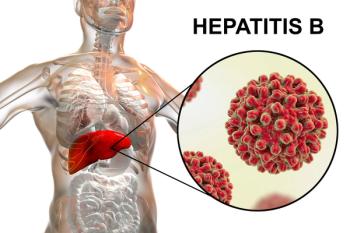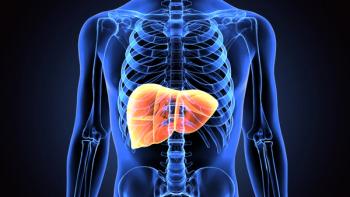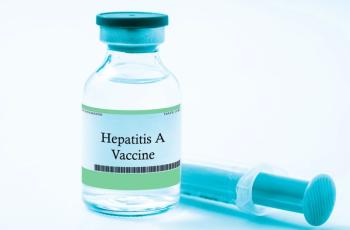
HCV Infection, Once a Hurdle to Heart Transplantation, Is Now Manageable
The advent of the direct-acting antivirals, such as Harvoni (ledipasvir and sofosbuvir) means people can be treated for HCV infection if they receive a heart from an HCV-viremic donor, according to a recent review paper. The supply of hearts available for transplantation has increased, partly because HCV-viremic individuals are now part of the donor pool.
Transplanting organs, including hearts, from people infected with hepatitis C virus (HCV) used to be avoided because of the risk of infection and studies showing that the recipients had worse outcomes,
But when the direct-acting antivirals against hepatitis C started to come on the market, particularly
They said also said there is ongoing debate on when HCV-negative recipient
should be treated with antivirals. The International Society for Heart and Lung Transplantation hasn’t taken a stand while guidelines from the American Association of the Study of Liver Diseases and the Infectious Diseases Society of America encourages treatment as soon as possible to keep the period of infection as short as possible, Nunez and Kelkar say. They come down in favor of treatment right before the transplant or immediately afterward, although they warn that payers may deny coverage or delay the approval, which “may preclude prophylactic treatment approaches.”
“Access to DAAs (directing-acting antivirals) in donor-derived HCV post-transplant appears to be increasingly achievable, being covered by health insurance entities, though added administrative efforts may be required for insurance approval and copay assistance,” wrote Nunez and Kelkar.
Another factor affecting heart transplantation is the opioid epidemic. Nunez and Kelkar cite research reported in the journal American Journal of Transplantation showing an 64% increase in deceased donor hearts from 2008 to 2019 and a growing proportion with drug overdoses listed as a cause of death increased. Intravenous drug is a risk factor for HCV infection; Nunez and Kelkar note that hearts donors labeled as increased risk for HCV transmission increased from 9% in 2010 to 27% in 2018. In the same vein, they cite research showing that the performance of heart transplants from HCV-positive individuals according to the nucleic acid amplification tests increased from .6%(15 out of 2,512) in 2016 to 11%(285 out of 2,490) in 2019.
Interestingly, Nunez and Kelkar reference studies that show the use of HCV-infected hearts in transplants has helped decrease waiting times for hearts. They also note that HCV-viremic donors tend to be younger “and therefore the heart grafts may have better quality.
“HCV infection, once a barrier and often a contraindication to receive a heart transplantation is now a manageable condition in the era of highly effective DAA treatment,” Nunez and Kelkar wrote in their conclusion.
Newsletter
Get the latest industry news, event updates, and more from Managed healthcare Executive.























